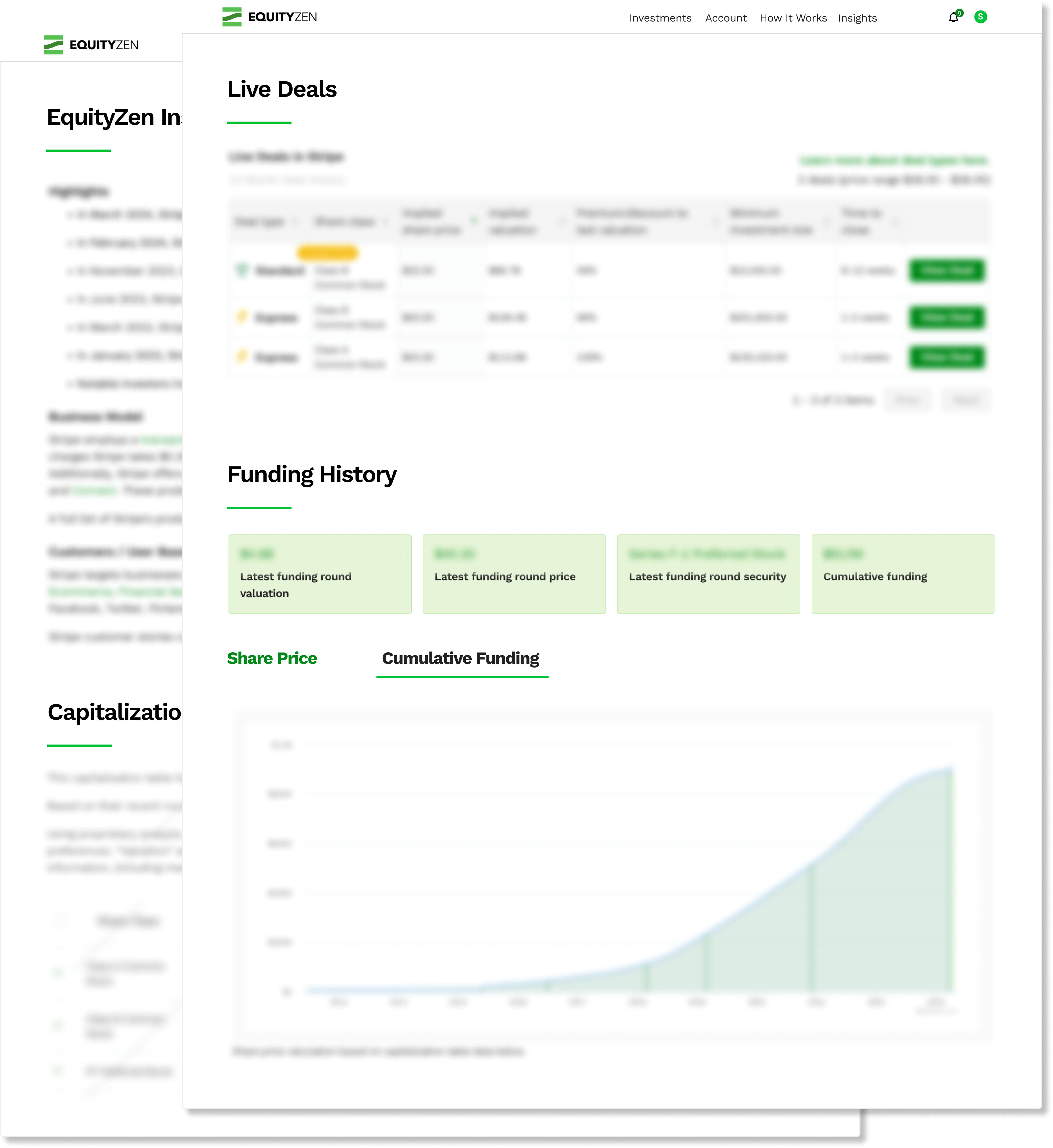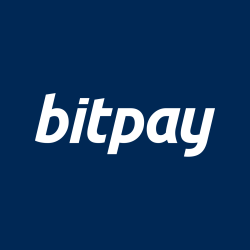Sign Up Today and Learn More About Mercury Stock
Invest in or calculate the value of your shares in Mercury or other pre-IPO companies through EquityZen's platform.

Mercury Stock (MERC)
Financial Infrastructure for Businesses
Mercury is a financial technology company that provides banking services specifically tailored for startups and small businesses.
About Mercury Stock
Founded
2017
Headquarters
San Francisco, CA, US
Total Funding
452M
Industries
Travel and Tourism, Space, Transportation
Mercury is a financial technology company that provides business services specifically tailored for startups and small businesses. The company offers FDIC-insured bank accounts through partnerships with traditional banks and provides financial tools such as corporate credit cards, expense management and software APIs.
Mercury Press Mentions
Stay in the know about the latest news on Mercury
Fintech Mercury applies for OCC bank charter
paymentsdive • Dec 24, 2025
Mercury Applies for OCC National Bank Charter
crowdfundinsider • Dec 21, 2025
IMG Saxony-Anhalt: 2026 in Sight - Saxony-Anhalt Sets the Pace for Future Industries
en • Dec 20, 2025
FinTech Company Mercury Submits Applications to Become National Bank
pymnts • Dec 20, 2025
IMG Saxony-Anhalt: 2026 in Sight - Saxony-Anhalt Sets the Pace for Future Industries
prnewswire • Dec 20, 2025
Investors in Mercury
Discover investors in Mercury stock and explore their portfolio companies
Mercury Management
Leadership team at Mercury
CEO & Founder
Immad Akhund
COO, Co-Founder
Jason Zhang

Join now and verify your accreditation status to gain access to:
- Mercury Current Valuation
- Mercury Stock Price
- Mercury Management
- Available deals in Mercury and all other companies with relevant Deal Offering documents
- EquityZen's proprietary data and insights, which may include
- Mercury Cap Table and Funding History by Share Class and Liquidity Preferences
- Mercury Revenue and Financials
- Mercury Highlights
- Mercury Business Model
- Mercury Risk Factors
- Mercury Research Report from SACRA Research
Mercury Key Facts
- Strong Financial Performance and Diversified Revenue Streams: Mercury has experienced strong financial growth evidenced by the company reportedly reaching $500M in annualized revenue in 2024. This revenue growth can be attributed to the diverse revenue streams that Mercury has. These include fees that merchants pay when customers use Mercury cards, interest income from customers' cash and fees from processing international transactions, providing access to debt financing and managing cash on behalf of customers. Mercury also sells subscription software which allows the company to generate a consistent stream of revenue from customers and ensure future financial stability.
- Market Expansion and Growing TAM: Mercury has the opportunity to expand into new segments of the market and acquire customers beyond VC-backed startups. Potential customer segments could include Web3 customers, consulting firms and real estate agencies. This could help Mercury continue to grow its TAM and solidify its position as industry leader.
- Commitment to Product Innovation: Mercury is committed to product innovation and streamlining financial operations and internally declared that 2024 was the "year of product launches". The company launched 4 major products for businesses — bill pay, invoicing, accounting automations, and employee expense management. Mercury also expanded into the consumer space with the launch of Mercury Personal while also strengthening its core banking infrastructure and experience. Mercury is therefore committed to innovation and product expansion which will help position the company as the market leader in personal banking.
- Regulatory and Compliance Risks: Mercury has faced scrutiny from banking regulators who have concerns over the fact that Mercury does not have their own banking licenses to handle deposits and process payments. Because of this, banking regulators such as the Federal Deposit Insurance Corp chastised a banking partner of Mercury, Choice Bank, for opening Mercury accounts in legally risky countries. If regulators further clamp down on fintechs it could negatively affect Mercury's operations and growth prospects.
- Reliance on Partner Banks: Since Mercury is not a chartered bank, it relies on partnerships and have built Mercury with a partner bank business model. Mercury currently partners with multiple US-based, FDIC-insured partner banks including Choice Financial Group and Column N.A.. Because Mercury depends on these partner banks, any changes in the financial situations or operations of these banks could negatively impact Mercury.
- Competitive Market and Customer Retention: The fintech sector is highly competitive and subject to market fluctuations which could negatively impact Mercury's financial stability and growth. Mercury faces competition from incumbent banks and fintechs such as Brex, Rho, Novo, and Ramp. Many customers might switch to a larger more established bank due to concerns about the stability of a startup banking services platform such as Mercury which could inhibit their growth prospects.
Trading Mercury Stock
How to invest in Mercury stock?
Accredited investors can buy pre-IPO stock in companies like Mercury through EquityZen funds. These investments are made available by existing Mercury shareholders who sell their shares on our platform. Typically, these are early employees who need to fund a life event – house, education, etc. Accredited investors are then offered the opportunity to invest in this stock through a fund, like those used by hedge funds serving large investors. While not without risk, investing in private companies can help investors reach goals of portfolio diversification, access to potential growth and high potential return. Learn more about our Guided Investment process here.
How to sell Mercury stock?
Shareholders can sell their Mercury stock through EquityZen's private company marketplace. EquityZen's network includes over 420K accredited investors interested in buying private company stock. Learn more about the easy and guided Shareholder process here.
If I invest, how do I exit my investment?
There are two ways to exit your private company investment on EquityZen's marketplace. The first is if the company has an exit event like an IPO, merger or acquisition. In that case, we will distribute the shares and/or cash to you directly. The second way is through an Express Deal on EquityZen, if eligible. An Express Deal allows you to sell your allocation of private shares in a given private company to another investor on EquityZen's marketplace. More information on Express Deals can be found here and exit information can be found here.
Why choose EquityZen?
Since 2013, the EquityZen marketplace has made it easy to buy and sell shares in private companies. EquityZen brings together investors and shareholders, providing liquidity to early shareholders and private market access to accredited investors. With low investment minimums through our funds and with more than 51K private placements completed across 450+ companies, EquityZen leads the way in delivering "Private Markets for the Public."





